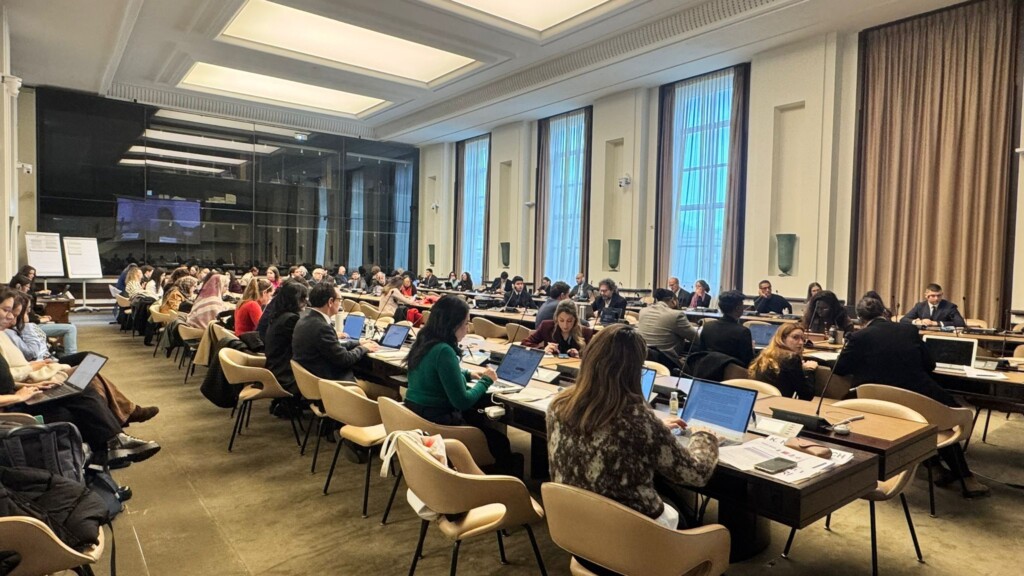Advancing Climate Justice: International Conference Highlights Human Rights Dimensions of Climate Inequality
Geneva, 24 November 2025 — On 21 November 2025, the Geneva Centre for Human Rights Advancement and Global Dialogue, together with the UN Special Rapporteur on the Right to Development, convened an international conference on “Climate Inequality, Human Rights and Sustainable Development” at the Palais des Nations. The event was co-sponsored by the Permanent Missions of the Bahamas, Chile, Jordan and Vanuatu, and brought together ambassadors, senior UN officials, legal experts, academics, and civil society actors committed to addressing the growing intersection between climate change and global inequality.

The high-level opening session featured interventions by Ms. Rabab Fatima, Under-Secretary-General and High Representative for Least Developed Countries, Landlocked Developing Countries and Small Island Developing States; H.E. Claudia Fuentes-Julio, Permanent Representative of Chile; H.E. Patricia Ann Hermanns, Permanent Representative of the Commonwealth of The Bahamas; H.E. Akram Sa’ud Harahsheh, Permanent Representative of Jordan; Mr. Richardo Colmar, Deputy Permanent Representative of Vanuatu; Mr. Dimiter Chalev, Chief of the Rule of Law, Equality and Non-Discrimination Branch, OHCHR; Mr. Livio Sarandrea, Senior Adviser on Rule of Law, Security and Human Rights, UNDP; and Ms. Chantelle Khan, Commissioner, Human Rights and Anti-Discrimination Commission of Fiji.
Moderated by Prof. Surya Deva, UN Special Rapporteur on the Right to Development, and Dr. Umesh Palwankar, Strategic Advisor at the Geneva Centre, the session underscored that climate change is not only an environmental emergency but also an inequality multiplier and human rights crisis. High-level speakers highlighted the stark reality that the countries and communities contributing least to global emissions are facing the gravest impacts while lacking adequate resources to respond. They called for increased climate finance, effective operationalization of the loss and damage fund, strengthened early-warning systems, and renewed commitment to international cooperation grounded in equity and shared responsibility.
Subsequent sessions expanded the discussion across several thematic areas, including:
- the socio-economic impacts of climate change on vulnerable populations,
- the gendered dimensions of climate inequality,
- the intersection between environmental degradation and the rights of minorities and marginalized groups, and
- the right to development as a unifying framework linking equity, climate action, and sustainable development.
Across all panels, experts underscored that climate policies must be inclusive, accountable, and firmly grounded in international human rights standards.
The conference concluded with a shared understanding that addressing climate inequality requires systemic transformation, innovative and predictable financing mechanisms, and the meaningful participation of affected communities.
A comprehensive conference report summarizing the discussions and recommendations will be published soon.
